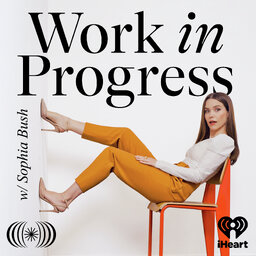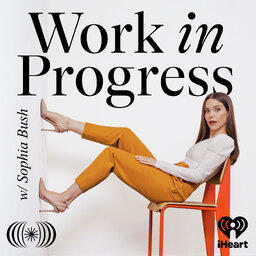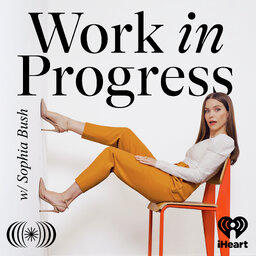Dana Bash
Today's guest went from working as an intern at CNN to becoming a trusted face in news covering campaigns and the White House.
CNN's chief political correspondent, anchor of Inside Politics with Dana Bash, and co-anchor of State of the Union with Jake Tapper joins Sophia to talk about her journey into journalism, the pressure of getting a story right, and the rigors of covering breaking news.
Plus, Dana gives an explainer on the Hamas attack on Israel and breaks down why Kevin McCarthy got voted out as Speaker of the House and the impact it will have on the White House.
In 1 playlist(s)
Work in Progress with Sophia Bush
Work in Progress with Sophia Bush features frank, funny, personal, professional, and sometimes even …Social links
Follow podcast
Recent clips

Work in Progress: Jeannie Mai
55:24

Work in Progress: Mika Brzezinski
1:01:11

Work In Progress: Sophia answers fan questions
23:52
 Work in Progress with Sophia Bush
Work in Progress with Sophia Bush